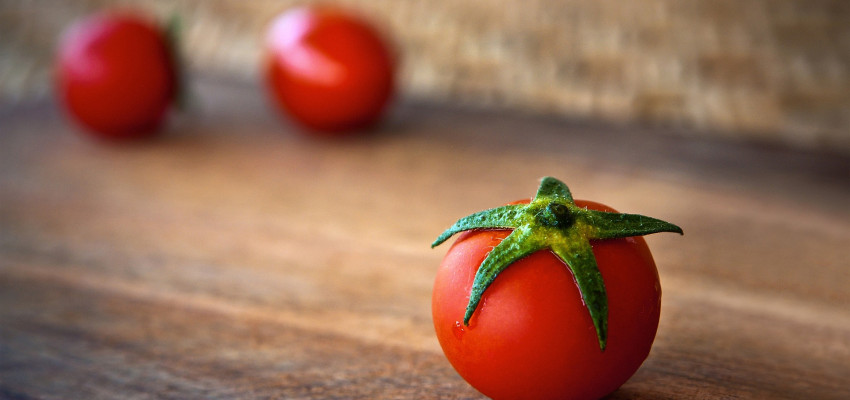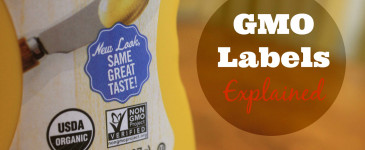By Hannah Becker on April 8, 2016
Organic foods or non-organic
What do the labels mean?

I have a confession to make.
I don’t always buy organic foods.
While I prioritize providing high-quality food for my family (I even grow some of our own produce and meat myself) organic only doesn't always happen.
Sometimes I don’t have the money in my food budget to spring for premium-priced, organic produce.
Sometimes I don’t have the time to buy anything that has prepping instructions that are more involved than those of meals-ready-to-eat.
Admitting such realities out loud are a good way to get shunned in my Kansas City-metro hipster community. It’s like walking into a Southern Baptist tent revival with Darwin’s “On the Origin of the Species."
Irresponsible, hypocrite, unhealthy, earth-enemy--just a few of the descriptive adjectives that may greet my not-always-organic admission.
I’m tired of feeling guilty when I grab a bag of discount frozen veggies not labeled “organic,” so I decided to investigate the organic vs. non-organic food debate and get the facts about healthy food.
What exactly does “organic” mean?
A 2014 Gallup poll revealed 45 percent of Americans actively “seek out organic foods," with more than half of the under-30 crowd acknowledging such consumer behavior. But how many of these organic-oriented consumers know what the o-label actually means?
Back in 1990, Congress passed the Organic Foods Production Act (OFPA) to help standardize and regulate organic farming practices. OFPA authorized the United States Department of Agriculture (USDA) to implement a National Organic Program (NOP) that standardized organic farming practices. Not to get lost in governmental agency acronyms, but under the direction of USDA, the NOP overseas all thing organic--from how organic food is produced to what gets labeled “organic."
USDA-certified organic farmers go through a certification process, followed by annual inspections to ensure all applicable organic standards are being followed. Production standards for organic producers depend on what they produce – i.e., there are different regulations for crops and livestock. The general gist of what’s required from certified organic producers include conservation practices and prohibited use of synthetic product applications and GMOs (for complete listing of organic practices, you can download the USDA’s Organic Practices Factsheet).
Is organic food healthier?
So is "organic" food healthier and/or more nutritious than non-organic food?
Good question.
In 2012, Stanford University researchers compared health benefits of organic vs. non-organic foods and the results were surprising.
No strong evidence was found that proved organic foods were more nutritious than non-organic foods. The study also concluded that not all non-organic food products contained synthetic product residue, and that organically grown foods were not conclusively a “healthier” choice.
Is there a difference between organic and non-organic food?
Yes – there is a difference in the way organic vs. non-organic food is produced (remember the USDA’s Organic Practices Factsheet?).
Is there a difference in nutrition level or proven health benefits between organic v. non-organic foods?
Not according to the majority of research studies accepted by today’s scientific community.
While the production practices and residue levels may differ between organic and non-organic food products, the health benefits of one over the other has yet to be determined.
Conclusion
Regardless of what food camp you fall in, we can all agree it’s important for today’s consumers to know what they are buying. If you’re purchasing an organic food product due to the label, you should know what you’re getting. If you’re reaching for non-organic food, you shouldn’t feel guilty for “not going healthy," as such popularized biases are not supported by leading research.
I’ll still grow my organic carrots and enjoy a bite of grass-fed beef, but I’m done being embarrassed when a long week results in my grocery cart overflowing with non-organic, microwave-friendly food products.
Interested in reading more about organics and labels? Go here.



